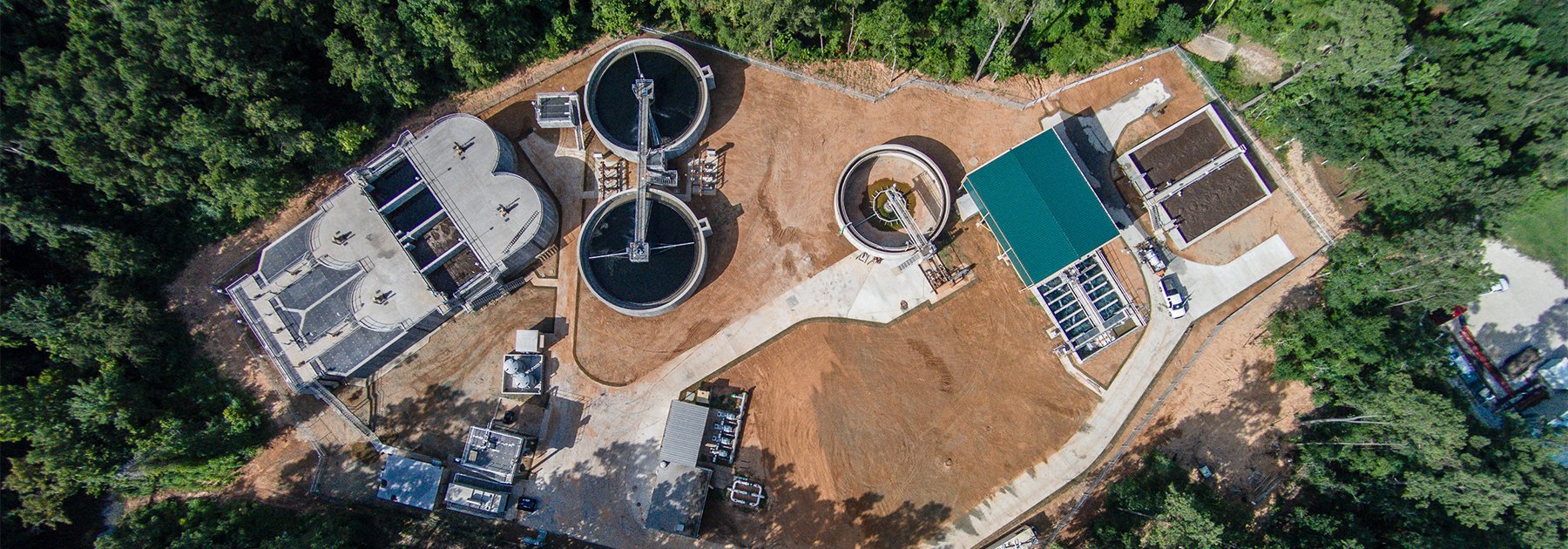Understanding MUDs: What They Are and Why They Matter
As a realtor, one question I frequently encounter is, “What exactly is a MUD?” Municipal Utility Districts (MUDs) can be a bit confusing for first-time homebuyers, but understanding them is crucial when considering a property. Here’s everything you need to know about MUDs, their purpose, and their implications for homeowners.
What is a MUD?
A Municipal Utility District (MUD) is a special district created to provide essential services such as water, sewage, drainage, and sometimes even recreational facilities to areas that lack these services. MUDs are primarily established in developing regions where municipal services are limited or unavailable.
Why Do We Have MUDs?
- Facilitating Development: MUDs are essential for fostering growth in areas that are expanding. They provide the infrastructure needed for residential and commercial developments, making these regions more attractive to builders and developers.
- Financing Infrastructure: MUDs can issue bonds to raise capital for infrastructure projects. This funding mechanism allows them to finance the construction of vital services like water treatment plants, roads, and parks, alleviating the burden on local governments.
- Quality of Life Improvements: By ensuring that essential services are available, MUDs contribute to a higher quality of life for residents. They help maintain clean and safe environments, which is a significant selling point for prospective homeowners.
Benefits of MUDs for Residents and Developers
- Reliable Services: MUDs are dedicated to providing consistent and quality services. Homeowners can expect reliable water and waste management systems, which is a crucial factor in their daily lives.
- Community Amenities: Many MUDs include community features such as parks, swimming pools, and recreational areas. These amenities enhance the living experience and foster a sense of community among residents.
- Potential for Property Value Growth: As MUDs develop infrastructure and amenities, they can contribute to increasing property values over time. This makes them an attractive option for both homeowners and investors.
What Homebuyers Should Know
- Tax Implications: MUDs levy property taxes to finance their operations and repay bonds. It’s essential to be aware of the MUD tax rate, as it can significantly impact your overall housing costs.
- Disclosure Requirements: Sellers must disclose if a property is located within a MUD. Ensure that you verify this information during your home search to avoid any surprises.
- Research the MUD: Not all MUDs are created equal. Investigate the specific MUD associated with a property, looking into its financial health, service reliability, and community reputation. This can provide insight into what to expect as a resident.
Municipal Utility Districts play a vital role in the development and sustainability of communities, especially in rapidly growing areas. Understanding how MUDs operate can empower you as a homebuyer to make informed decisions. If you have any questions about MUDs or the real estate market in general, don’t hesitate to reach out. I’m here to help you navigate your home-buying journey!
